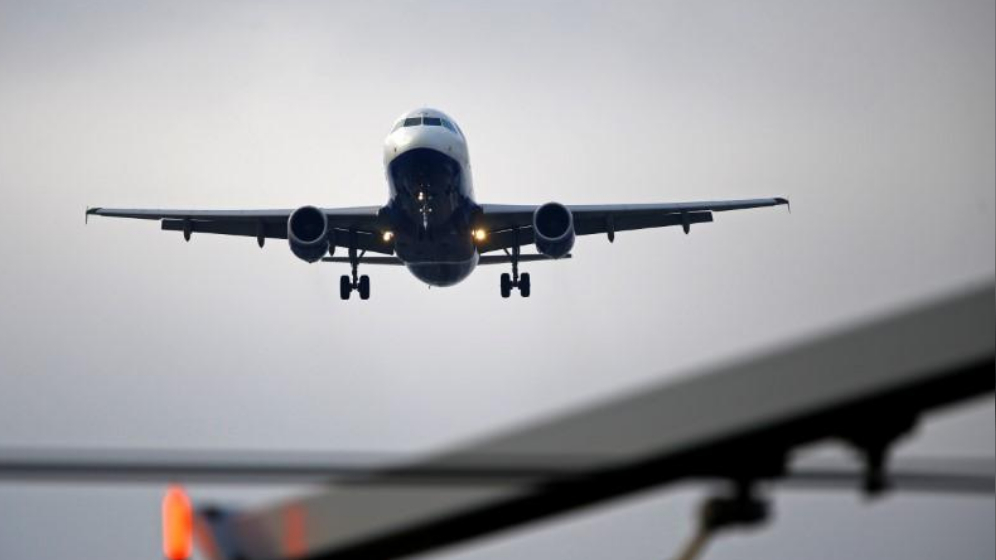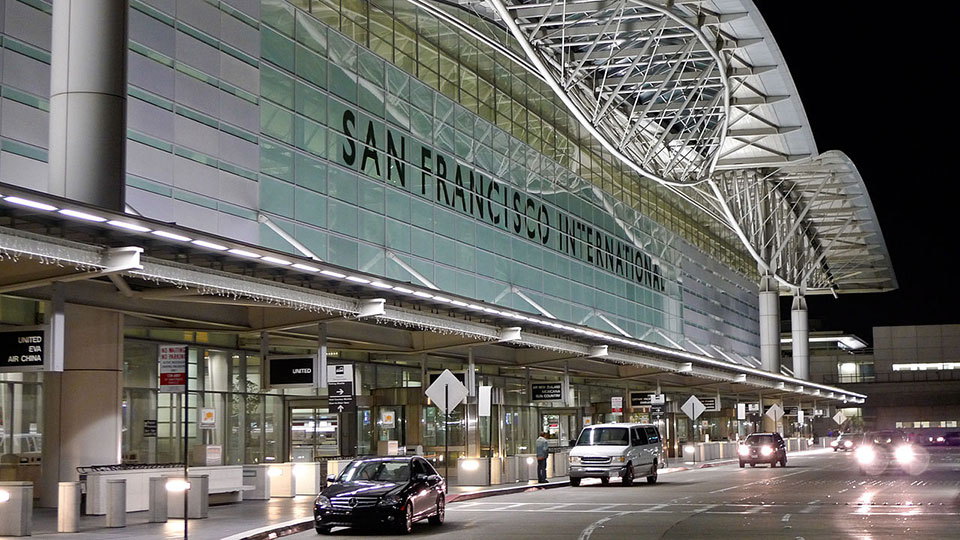
The aviation and tourism industry in the United States is desperate not to lose a second summer of inbound travel to the COVID-19 pandemic.
More than two dozen industry organizations wrote to the White House on Monday urging the Biden administration to develop a plan by May 1 to safely reopen international borders by the summer.
They include the U.S. Chamber of Commerce, the U.S. Travel Association and Airlines for America, the main trade group for the country's largest carriers.
"The time to plan for and chart a defined roadmap to reopen international travel is now," the letter addressed to the White House COVID-19 recovery coordinator says.
It was sent on the same day that the director of the U.S. Centers for Disease Control, Rochelle Walensky, warned Americans that "now is not the time to travel."
She was responding to reports of rising cases of COVID-19 in parts of Europe, which is among areas from where most travel to the U.S. has been banned since the pandemic took root in North America in spring 2020.
The restrictions were imposed by former President Donald Trump who was widely panned for botching the U.S. response to the pandemic.
Walensky also cited a growing proportion of U.S. COVID-19 cases being linked to variants and said she is worried the country could see "another avoidable surge" of the disease if mitigation measures – such as avoiding travel or crowds, physical distancing and mask-wearing – are not followed.
The signatories to the letter say they back a risk-based data-driven plan for international reopening and note that the Biden administration has pledged to make every adult in the U.S. eligible for vaccination no later than May 1.

U.S. airports have started to see increased traffic in the past two weeks as the number of vaccinations rises. /VCG
U.S. airports have started to see increased traffic in the past two weeks as the number of vaccinations rises. /VCG
Increasing inoculations among Americans have led to a pickup in domestic travel. Media reports say Sunday saw more than 1.5 million people pass through U.S. airports for the first time in more than a year.
"To be clear, at this time, we do not support removal or easing of core public health protections, such as the universal mask mandate, inbound international testing requirement, physical distancing or other measures that have made travel safer and reduced transmission of the virus," the letter says.
"However, the data and science demonstrate that the right public health measures are now in place to effectively mitigate risk and allow for the safe removal of entry restrictions."
Some U.S. states have begun to loosen COVID-19 controls though Walensky said the administration is encouraging governors, as well as the private sector, to keep or reimpose them.
"We're doing outreach with states, territories to encourage them to look at their case data, to look at what's happening with the variants and to do as much outreach as we can to try and slow down the relaxation," she said.
The U.S. Travel Association warns that a total of 1.1 million American jobs could be lost permanently if nothing is done to lift international travel bans and bring back demand.
It estimates that travel-supported jobs fell nationally in 2020 by 5.6 million to 11.1 million – about 65 percent of all American jobs lost to the economic fallout of the pandemic.
"With the travel industry suffering such a disproportionate share of losses, policymakers need to understand that a nationwide economic recovery effectively hinges on a travel recovery," Roger Dow, the association's president and CEO, said in remarks last week.

